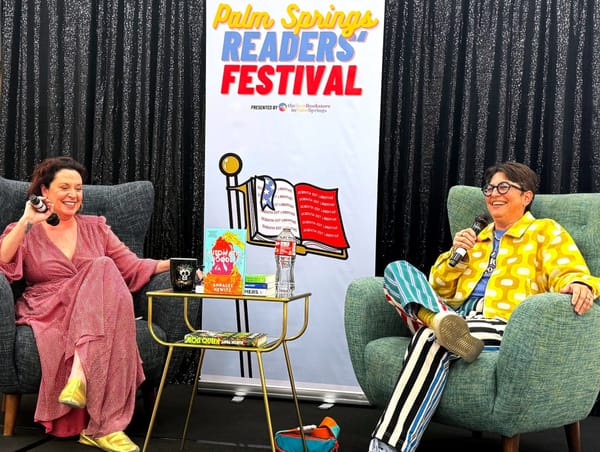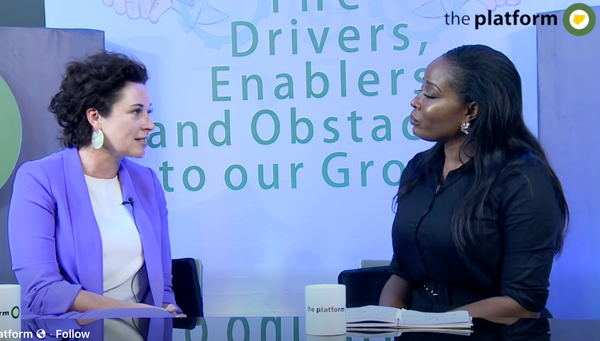How you know someone in the book business is lying to you

I have not written a post in a while.
But your extra inbox space has been my clients' gain.
When I said in January I was co-writing five books this year, people looked at me like I was lying or insane. But that claim is not what the headline above refers to. I am finishing my fifth proposal of the year right now.
How has it gone?
Two have sold at auction. The third goes to auction Tuesday. The fourth has just gone out to agents.
And I am now talking to three new potential clients about who I get to work with next. So it turns out, I'll work on more than five books this year.
This job is truly a dream come true. In my 14 months of being a collaborative writer I have learned so much.
Publishing is a strange industry to have "experience" in. You can be a very experienced author and still have only been through the whole process a handful of times in your life. And only have worked with the same agent. And only have worked with top five publishers and a very traditional playbook.
In other words, you can have an entire successful career in book publishing, and fully believe you know book publishing inside and out. And you aren't wrong. But you also aren't right.
What do I mean?
I have realized this year that there are a zillion different parallel realities happening in publishing everyday. There are so many paths and playbooks of how to be successful in the book business. There are things that people like me, who have made their careers and bought houses off of writing books, take for granted as "how the industry works." That are totally different from what other authors take for granted as "how the industry works."
So here's the biggest thing I've learned in the last 14 months where I've helped sell as many books for other people (almost, hopefully, on Tuesday, knock wood) as I sold for myself over the last two decades: If someone ever says the following words to you they are lying, even if they don't realize they are lying.
"That's just the way publishing works."
There is no one way publishing works. Especially now. But also, always.
The way we think of publishing before the recent disruption of self publishing and ebooks and everything else that have made other channels more viable, wasn't even how publishing always was. The system of agents and publishers paying advances is relatively new. The days of Dickens were closer to how self publishing or hybrid publishing works.
What is my point here?
Since being in this world full time, I have had a few clients and friends who are not clients have experiences with very well-regarded and really successful people in the publishing world, whether collaborative writers, coaches, or agents who give them what I would consider dangerous guidance. And when those friends or clients recoil, these people shrug and say, "That's just the way publishing works."
The implication is: Take it or leave it.
There can feel like an asymmetry of knowledge when someone has worked on a lot of impressive best sellers and you have never written a book and they say this to you so categorically. I have seen this in the startup world, too. That's how a lot of first time founders get talked into some unethical or just unsustainable things.
But just as there are a million ways to win as a startup, and no one way to build a company, let's put publishing in perspective.
$32 billion in books are sold annually, half from physical retailers, only 25% from Barnes & Noble who is the only substantial non-discount chain. It is a massive, fragmented market where no one really knows what works or why.
Roughly 80,000 books are released every Tuesday in the United States.
No one in publishing has seen it all. Not even a fraction of it.
And that is just traditional publishing. This is to say nothing of self-publishing, which is increasing a viable path to selling large numbers of copies, or even getting an agent and a traditional publisher. Or new models like Author's Equity and hybrid publishing.
When someone tells you "everyone buys their way onto the NYT Bestseller list" they are lying.
When someone tells you "no publisher will buy a memoir unless you are a celebrity" they are lying.
When someone tells you can only get a deal if you have X-number of followers on fill-in-the-blank platform, they are lying.
I don't mean they are intentionally lying, and this maybe their experience as an agent, coach or collaborative writer, and their playbook and how they know how to win.
But if there are 80,000 books coming out every week, there are 80,000 potential ways they got there. Many of the biggest hits– like Crying in the H Mart– were not obvious hits that fit any playbook.
Abraham Verghese's The Covenant of Water took ten years, and he had to repurchase it from his first publisher because it was such a fraught process. That was no one's traditional path to success.
No one says, "Here's the path to becoming an Oprah book. . ." and details that path.
I interview dozens of authors a year in store events or our festival. Everyone had a different path. Many were told a version of "that's not how it works in publishing" by someone and didn't listen.
There are a lot of business book authors who probably have one book they are going to write. It's the summing up of their career, what they stand for, their legacy. . .the thing they want to outlast them. The thing that needs to be said, that they happen to be the best person to say.
And I hate when they get introduced to the person that tells them how "it is" in publishing, and it makes them either recoil to the point where they don't write that book or it puts them on a path that ruins the idea or makes the economics completely untenable for everyone involved.
I've seen it too many times.
So, please, and I mean this for anyone who is talking to me as well, if anyone says the words, "That's just how publishing is" and there's something about what follows next that feels off or like too great of a compromise, that's probably not the person meant to help bring your book into the world.
Get another opinion. Because there are so many really talented and accomplished people in the publishing world who have had a lot of success bringing great books into the world. No single person has a lock on it.
Now, if five people tell you the same thing, then you may have an unrealistic expectation of a business that does have some hard laws of gravity. I told someone this week that a publisher was unlikely to give them total creative control over the look and feel of a book, and if that was important they should hybrid publish. That's my experience. But maybe I'm the one accidentally lying in this case.
Who knows? I only know the six deals I've been a part of, the dozen plus my partner has done, and the hundred or so authors I've interviewed and call friends. That is a drop in the bucket.
But I've met plenty of people willing to take a chance on people and ideas that don't fit a mold or seem like an easy sell. And often, those are the books that wind up as the runaway hits, because they didn't fit the mold or look like everything else out there.
It's your book, and you may be the one who is the expert, not the expert.




